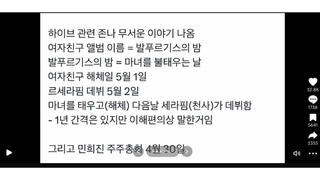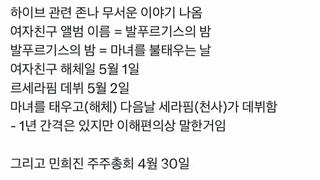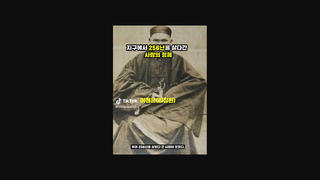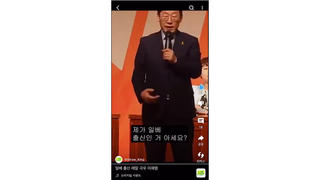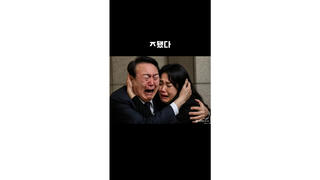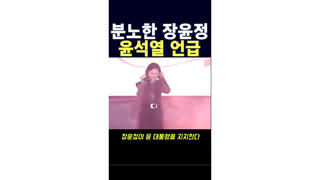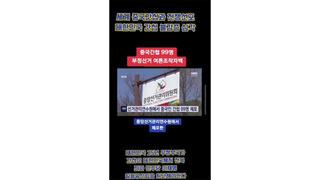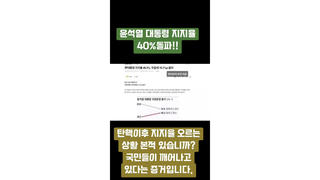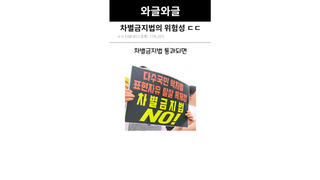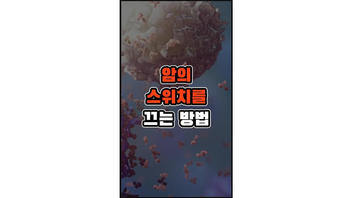
Is it possible to cure cancer by avoiding cold food, among other recommendations? No, that's not true: no scientific evidence links food temperature to cancer treatment. The post misleadingly suggests the link is among evidence provided in a book called "Never Fear Cancer Again," which does not make such a link.
The claim appeared in a video (archived here) published by @livinggenius_ on Tiktok on July 18, 2023, under the title "How To Turn Off The Cancer Switch" (Translated from Korean into English by Lead Stories Staff). A caption reads:
1. Keep your body warm.
2. Take warm food and avoid cold food.
3. Do some cardio to get enough oxygen.
4. Always have a happy mind.
5. Beware of sugar and carbohydrates.
6. Beware of carcinogens and poisons surrounding us.
This is what the post looked like on TikTok at the time of writing:
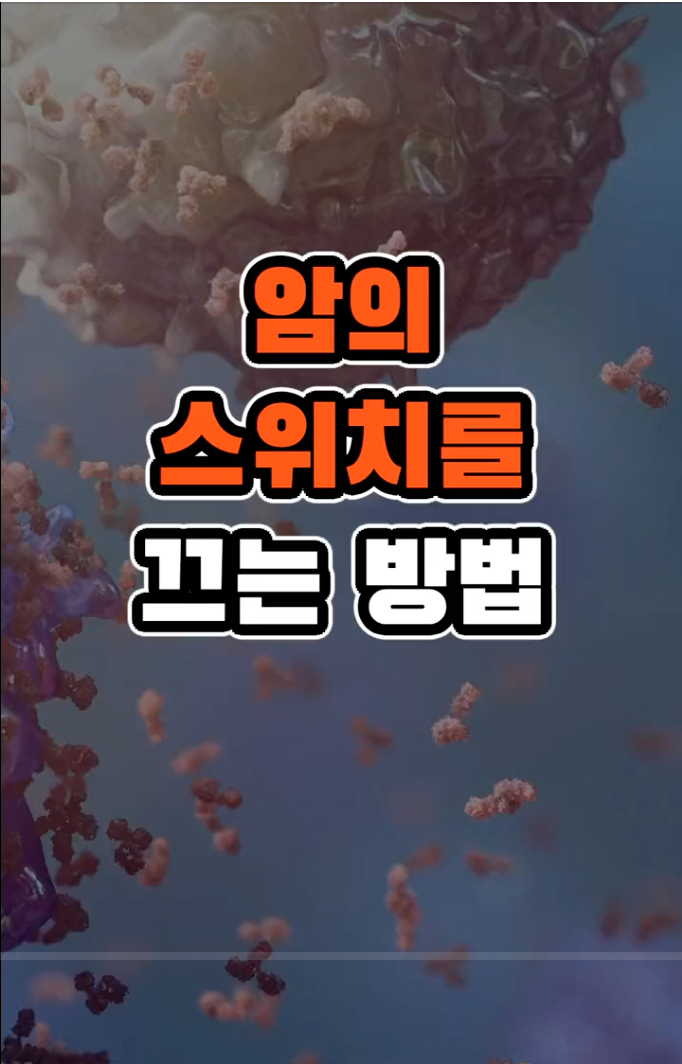
(Source: TikTok screenshot taken on Wed Aug 16 01:17:53 2023 UTC)
The author suggests this simple health advice may cure or treat cancer, claiming it is among the evidence cited in a book called Never Fear Cancer Again written by Raymond Francis, according to the video. The video's title is from a Korean version of the book titled How To Turn Off The Cancer Switch.
However, the original book does not contain the advice to 'Take warm food and avoid cold food.' It recommends 'avoid processed food, eat fresh food' and 'avoid sugar and white flour' but does not link food temperature to cancer treatment. Moreover, the book contains unscientifically supported advice promoting an alkaline diet to balance PH blood levels and switch off cancer cells, which the theory claims thrive in acidic environments. The post fails to provide critical information about the advice and its source.
In fact, there is no certain diet-based health cure for cancer, and food recommendations are often a matter of providing a balanced diet to maintain the body's strength to deal with traditional cancer treatments such as surgical procedures, chemo, and radiotherapy. Some foods can increase cancer risk factors, such as obesity, according to the US National Cancer Institute (NCI). Cancer awareness proponents suggest that some supplementary or alternative treatments for cancer may be beneficial on individual levels. Still, most health professionals, including those at the Center for Disease Control and Prevention (CDC), recommend that they be administered in consultation with a physician and point to the fact that some alternative treatments may create harmful side effects if combined with medications.


